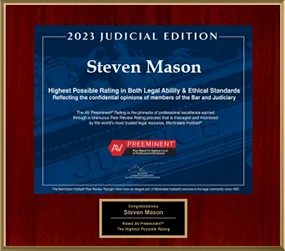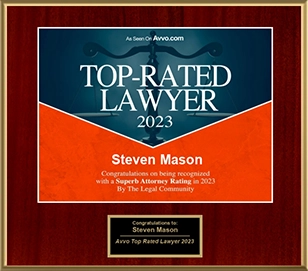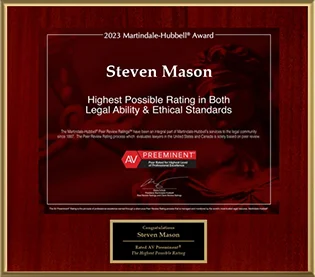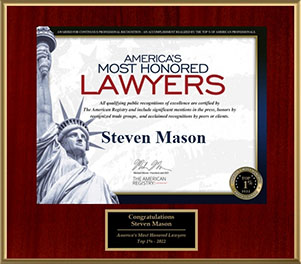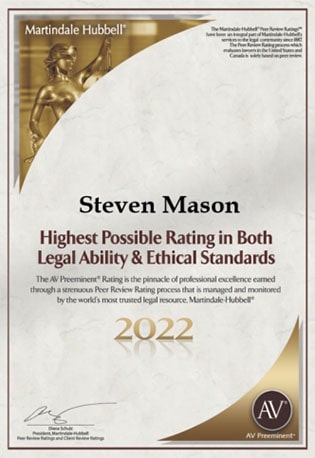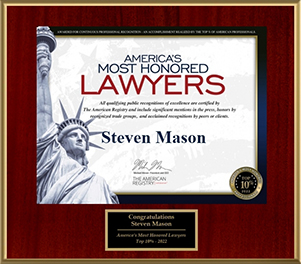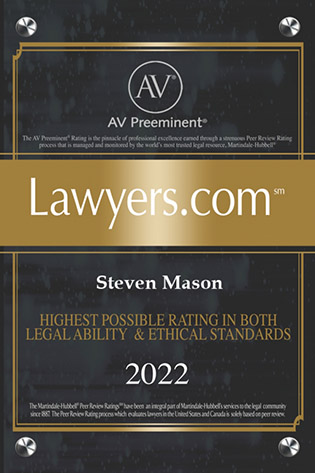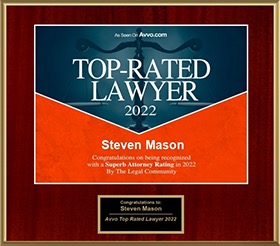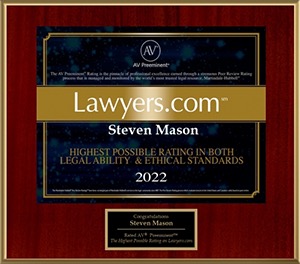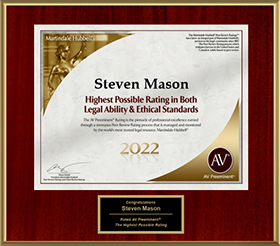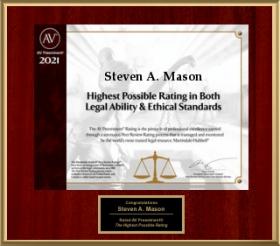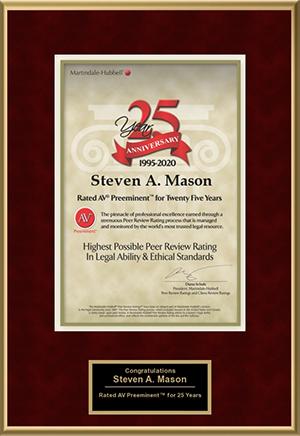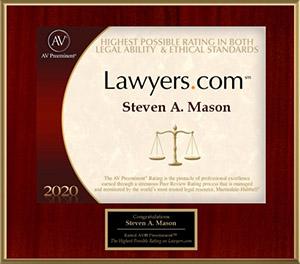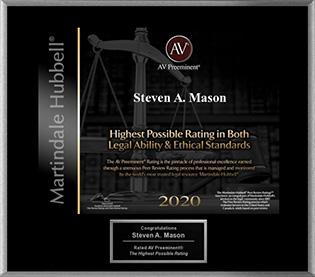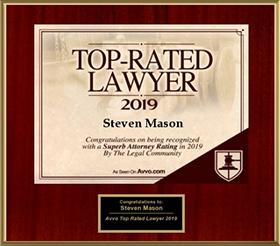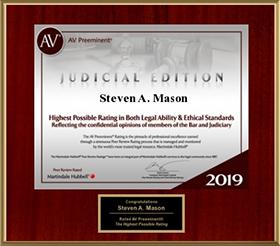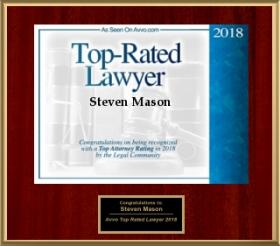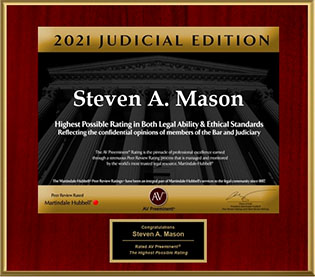Explaining “Material Alteration” In Florida Condo Law
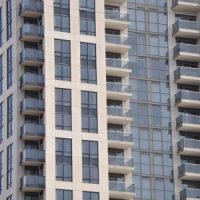
Some of the most common disputes between condo owners and their associations have to do with ‘material alterations’ to their living space or to the association’s common elements. While relevant law on the issue does exist, the meaning of ‘material alteration’ is still hotly disputed in many different cases. If you ever find yourself involved in a dispute of this kind, it is crucial to understand exactly what material alteration does and does not entail.
How Material Is ‘Material?’
A material alteration to a condominium association is defined in Florida as “palpably or perceptively” altering the “form, shape, elements or specifications” of a building in a way that affects the building’s “function, use, or appearance.” This definition is quite broad, meaning that almost any cosmetic or functional change to a condo association’s building or common elements will fall under its umbrella.
It is understandable to wonder just how ‘material’ a change has to be before it qualifies under the relevant law, but cases in the past have held that even a minor alteration fits the proverbial bill. For example, a case in 2017 held that the change from a four-foot fence to a six-foot fence qualified as ‘material.’ If you are a condo owner and your board proposes a material alteration to the association, it can be nearly anything.
How To Make The Change?
In order to make a material alteration to the condo association, there is a set procedure by which the change is put to a vote. The Florida Condominium Act states that if an association’s governing documents include a procedure for making these changes, it will be followed, but if they do not, then 75 percent of the voting interest of the association must agree.
Keep in mind that in many situations, owners are not voting for the change, per se; they may be voting to free up the amount from the budget that will pay for the change. If this is done and more money is needed, another vote must be held. An association may not unilaterally make changes, and if they do make changes, there must be a strict budget for the alteration.
Contact A Hollywood, FL Condominium Association Attorney
Condominium associations can make changes to the buildings and common elements, but only in a manner where the owners – or enough of them – approve. If you have questions or concerns about an alteration in your condo association, a Hollywood, FL condo association attorney from the Law Offices of Steven A. Mason, P.A. can help. Contact our office today to speak to an attorney.


